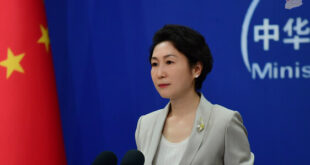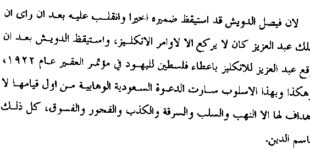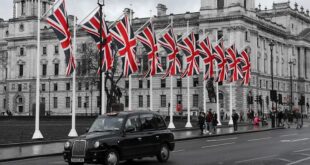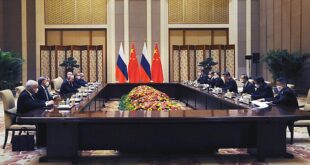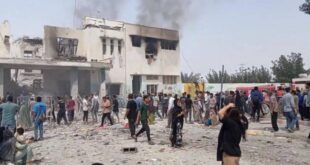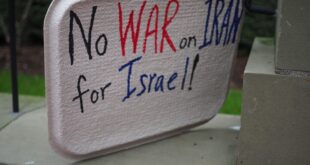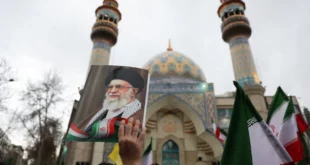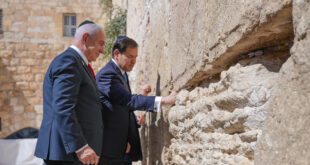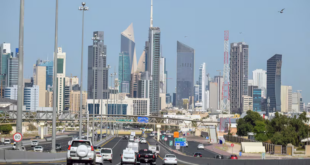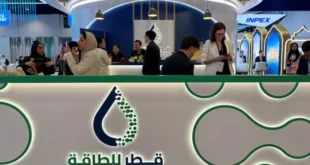Key Takeaway: The Yemeni Houthis and Iran could target Emirati, Israeli, or US positions in …
Read More »Iran War’s Impact on the Red Sea and Horn of Africa: Africa File Special Edition
Key Takeaway: The Yemeni Houthis and Iran could target Emirati, Israeli, or US positions in the Horn of Africa and across the continent as part of the ongoing Iranian retaliatory campaign. The Iran war will likely have short-term effects on disputes in the Horn of Africa that are linked to …
Read More » Eurasia Press & News
Eurasia Press & News













